Hungary would face serious challenges with Ukraine's accession to the European Union, as it would have a catastrophic impact on both Hungarian and EU agriculture, jeopardize utility cost reductions, and place a significant burden on the social and healthcare systems. On top of these, Ukrainian organized crime would almost certainly gain a foothold in Hungary.
Ukraine is essentially a mafia state. In terms of crime, it ranks among the worst in Europe and could pose serious security risks if it became an EU member.
Organized crime brings with it arms and drug trafficking, prostitution, human trafficking, and cybercrime. Ukraine has long been a key transit country in the heroin trade and is also recognized as a major cannabis producer. It is considered both a source, transit, and destination country for human trafficking, while cybercrime is also widespread within its borders.
Prime Minister Viktor Orban has also spoken about the dangers of the underworld, noting that we are talking about a heavily armed country, and Ukraine is not known for its public safety. Supporting its accession would involve risks that cannot be responsibly taken under current conditions.
It is also worth noting that Ukrainian organized crime is not a new phenomenon. It existed well before the outbreak of the Russia-Ukraine war and has only expanded since then.
Before the Russian invasion, Ukraine ranked 34th out of 193 countries in the Global Initiative against Transnational Organized Crime (GITOC) index, and third worst in Europe.
It’s no surprise that its cross-border drug and arms smuggling network is considered one of the strongest in the world.
Drug trafficking is booming
According to a 2024 report, Ukraine's synthetic drug use and distribution score rose by a record 4.5 points in just two years, while the average across Europe rose by only 0.4 points in the same period. The Drug Research Institute (DKI) says this jump is significant not only regionally but globally, and it highlights the serious structural transformations occurring in the shadow of war.
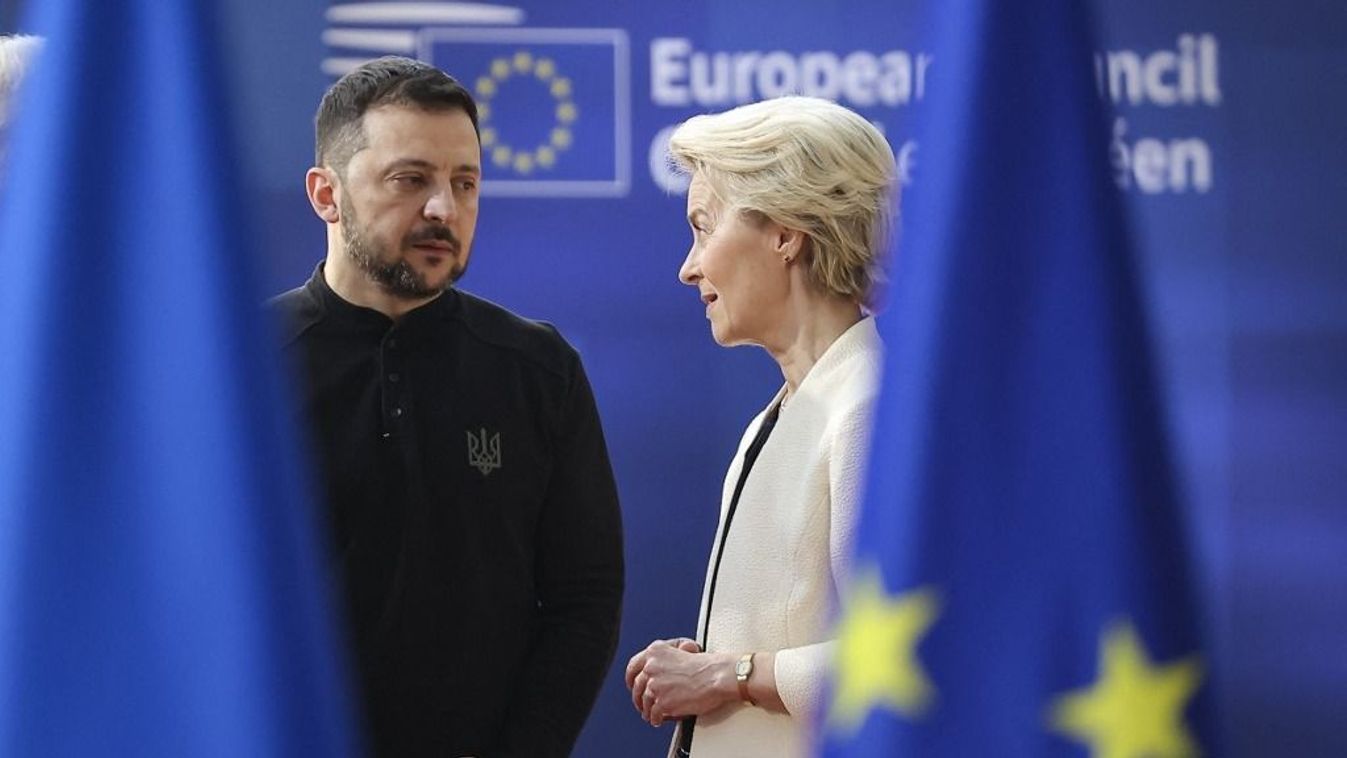
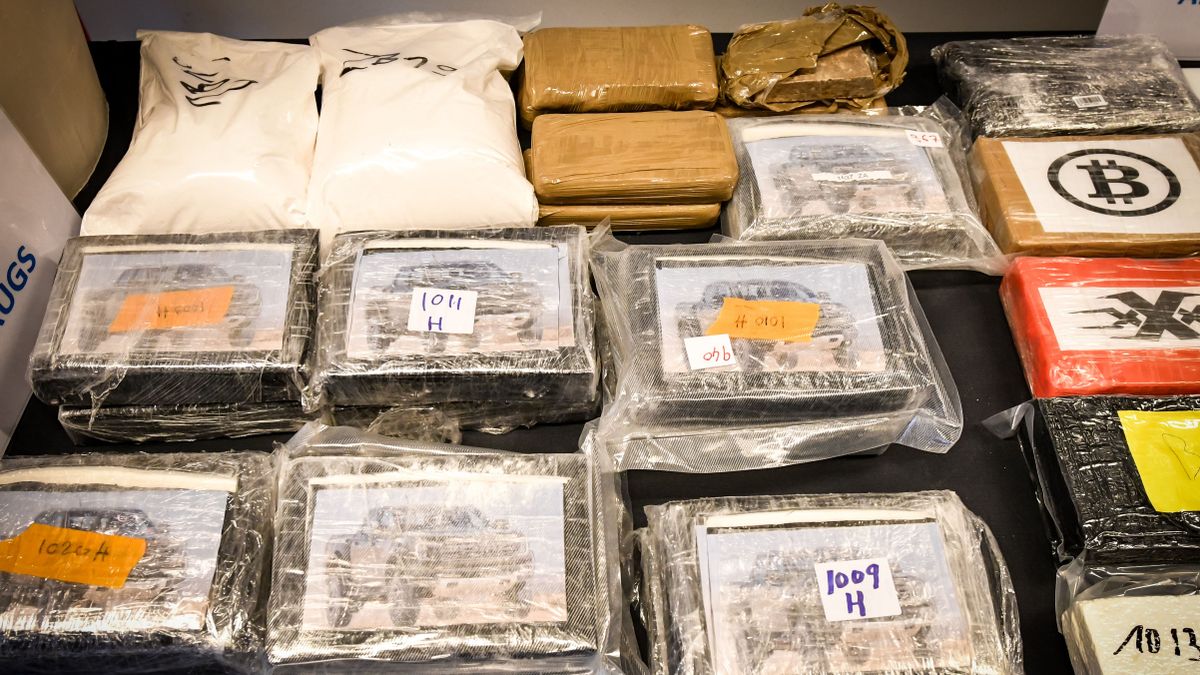






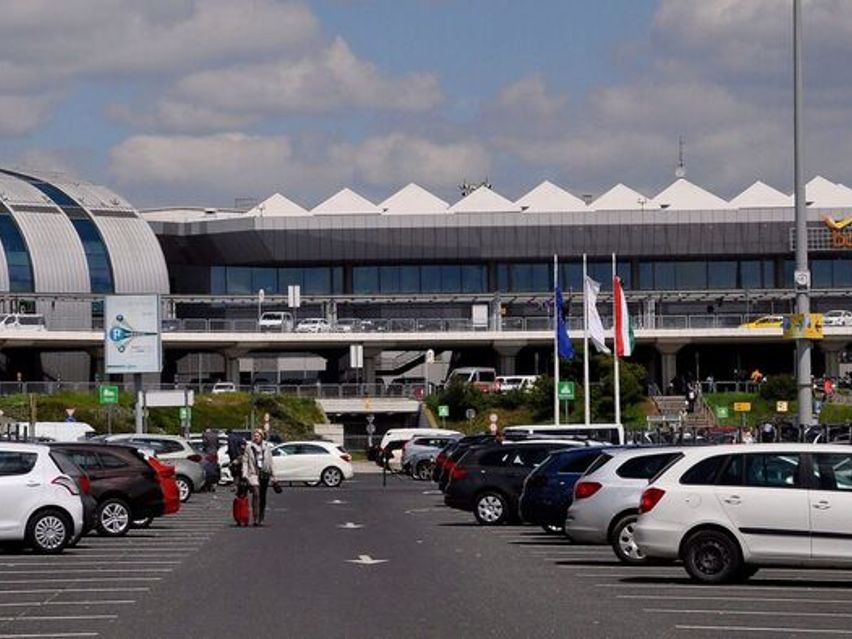




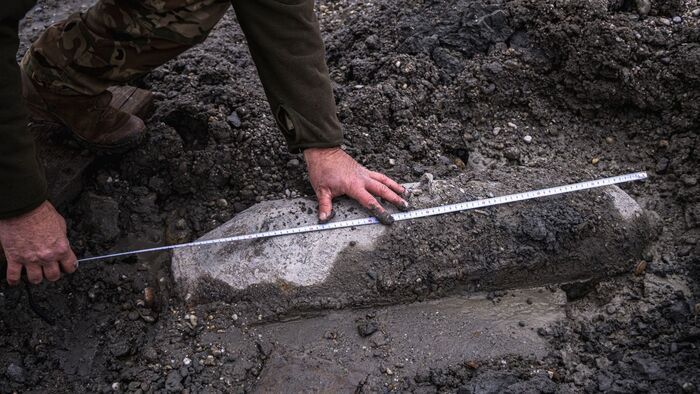







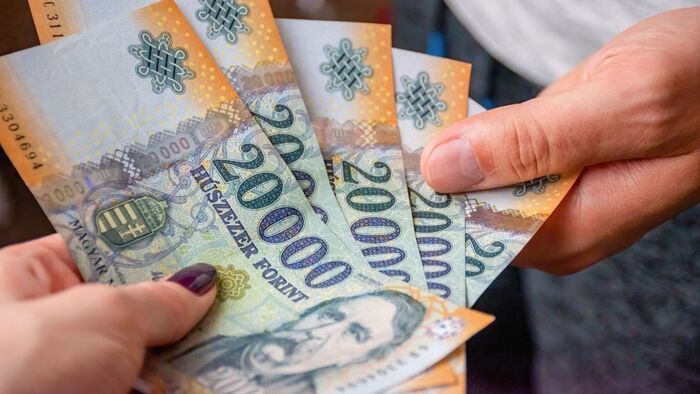
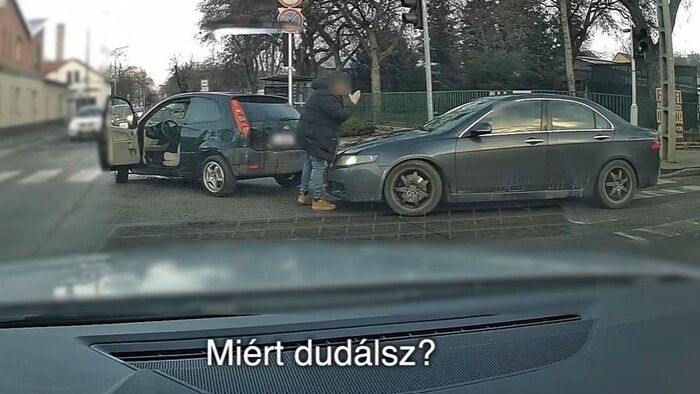


Szóljon hozzá!
Jelenleg csak a hozzászólások egy kis részét látja. Hozzászóláshoz és a további kommentek megtekintéséhez lépjen be, vagy regisztráljon!